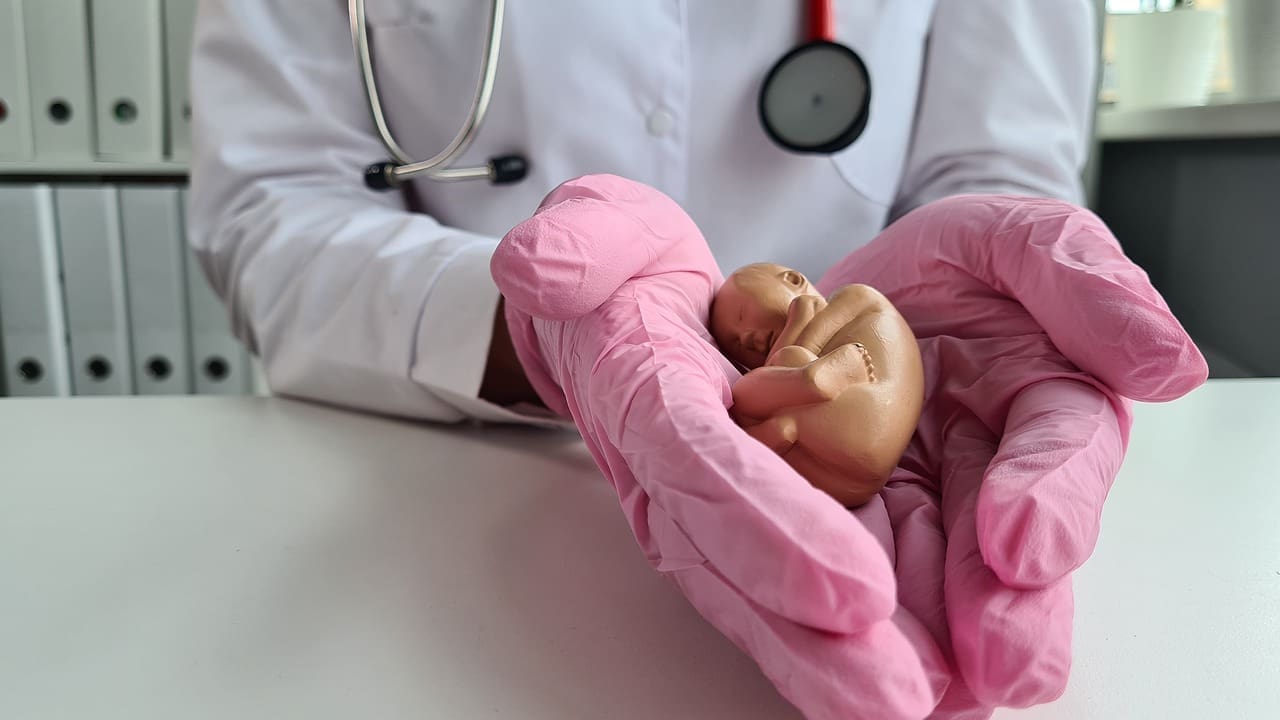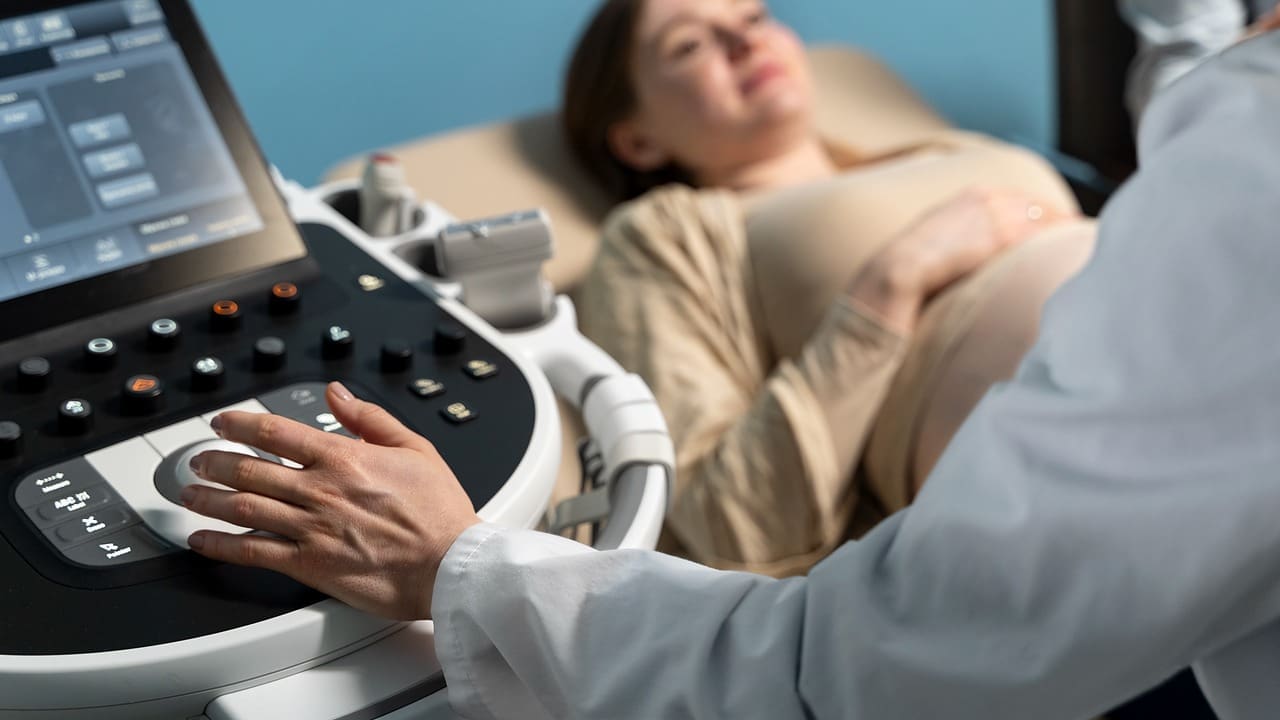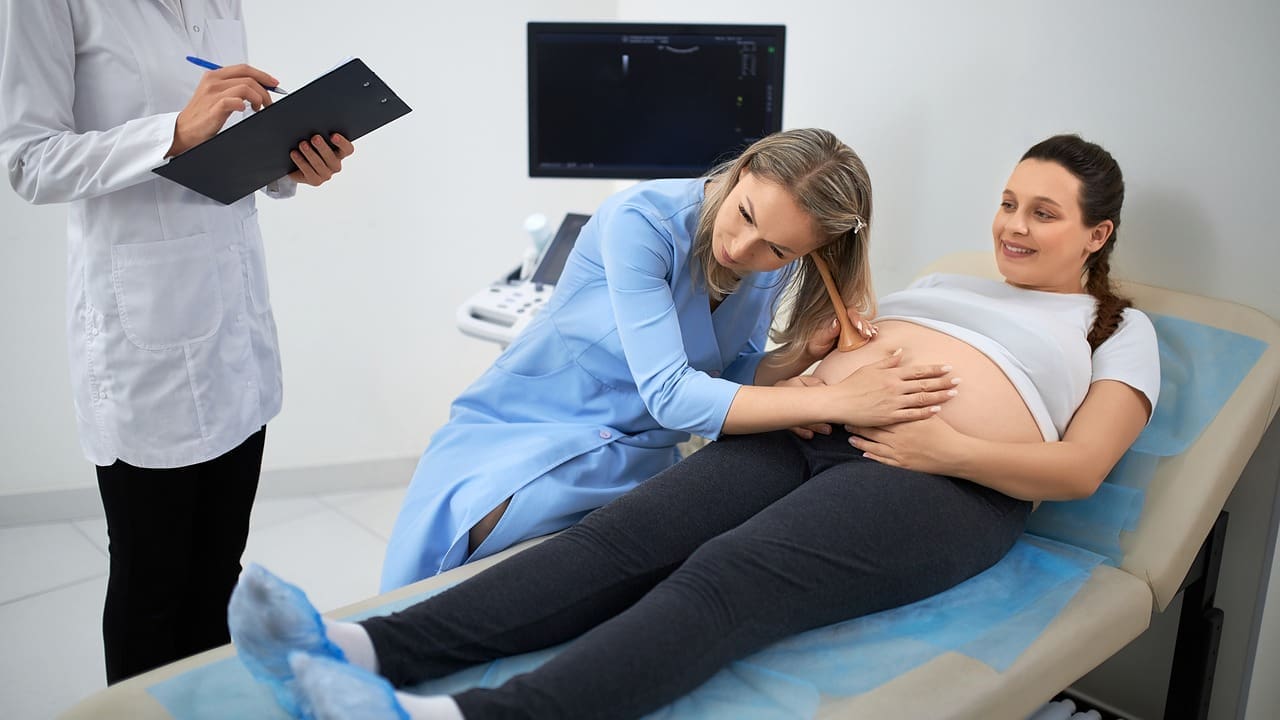What is Obstetrics and Gynecology?
Obstetrics and gynecology, or OB/GYN, is a medical field that cares for women’s reproductive health, pregnancy, and childbirth. Obstetrics covers pregnancy, delivery, and recovery after birth. Gynecology focuses on the female reproductive system and treats related health conditions.
Obstetrics and gynecology matter at every stage of a woman’s life. Regular visits to an OB/GYN help keep you healthy, address any concerns, and offer important information about reproductive health.

Understanding the Difference Between Obstetrics and Gynecology
Obstetrics and gynecology are often grouped together, but each has its own focus.
- Obstetrics: This branch of medicine is concerned with pregnancy and childbirth. Obstetricians monitor the health of both mother and baby throughout pregnancy, assist during labor and delivery, and provide care during the postpartum period. They are trained to handle complications that may arise during pregnancy and delivery, ensuring the safety of both mother and child.
- Gynecology: Gynecologists focus on the general health of the female reproductive system. They conduct routine examinations, screenings, and treatments for conditions such as endometriosis, fibroids, and sexually transmitted infections. Gynecologists also provide preventive care, including Pap smears and breast examinations, to detect potential health issues early on.
What Do Obstetrics and Gynecology Doctors Do? Roles and Responsibilities
Obstetricians and gynecologists are important for women’s health. Here are some of the main things they do:
Routine Check Ups: OB/GYNs perform regular health screenings, including pelvic exams, Pap smears, and breast exams, to monitor women’s health and detect any potential issues early.
Prenatal Care: Obstetricians provide comprehensive care for pregnant women, including monitoring fetal development, conducting ultrasounds, and managing any complications that may arise during pregnancy.
Labor and Delivery: OB/GYNs are trained to assist women during labor and delivery, ensuring a safe and healthy experience for both mother and baby. They are equipped to handle emergencies, such as cesarean sections, if necessary.
Postpartum Care: After childbirth, obstetricians provide care to mothers, addressing any physical or emotional challenges they may face during recovery.
Gynecological Treatments: Gynecologists diagnose and treat various conditions affecting the female reproductive system, including hormonal disorders, pelvic pain, and reproductive health issues.
Family Planning: OB/GYNs offer guidance on family planning options, including contraceptives, fertility treatments, and counseling for pregnancy loss.
What Conditions does the Obstetrics and Gynecology Clinic Treat ?

The Obstetrics and Gynecology Clinic covers not only diseases that may occur in the reproductive system, but also issues such as family planning.
We can list the main issues provided in this field as follows:
Gynecological Diseases:
- Uterine cancer (endometrial cancer).
- Ovarian cancer. Cervical cancer.
- Vulvar cancer.
- Vaginal cancer.
- Polycystic ovary syndrome (PCOS).
- Endometriosis.
- Myomas (uterine fibroids).
- Pelvic inflammatory disease (PID).
Conditions Related to Childbirth and Pregnancy:
- Pregnancy monitoring and counseling.
- Birth planning and maternity services.
- High risk pregnancy follow up.
- Postpartum care.
Gynecological Examinations and Scans:
- Routine gynecological examinations.
- Breast cancer screenings (mammography, breast examination).
- Cervical cancer screenings (Pap smear test).
Birth Control and Family Planning:
- Consulting on birth control methods.
- Family planning services.
- Advanced methods of birth control (spirals, implants, birth control pills).
Sexual Health:
- Sexually transmitted infections (STI) screenings and treatment.
- Sexual dysfunctions.
- Management of menopause.

What to Expect During Your First Obstetric Appointment
Your first obstetric appointment is an important part of your pregnancy. Here’s what usually happens during this visit:
- Medical History Review: Your OB/GYN will ask about your medical history, including any previous pregnancies, health conditions, and medications you are taking.
- Physical Examination: A thorough physical examination will be conducted, including a pelvic exam to assess your reproductive health.
- Blood Tests: Blood tests may be ordered to check for conditions such as anemia, blood type, and infections.
- Ultrasound: If you are further along in your pregnancy, an ultrasound may be performed to confirm the pregnancy and assess fetal development.
- Discussion of Lifestyle: Your doctor will discuss lifestyle factors, such as diet, exercise, and prenatal vitamins, to ensure a healthy pregnancy.
- Questions and Concerns: This is a great opportunity to ask any questions you may have about your pregnancy, labor, and delivery, as well as any concerns regarding your health.
Preparing for your first obstetric appointment can help you feel more at ease and get the care you need.
Choosing an Obstetrics and Gynecology Clinic Near Me: Patient Tips

When you search “obstetrics and gynecology near me” or “gynecology and obstetrics near me,” consider:
- Comprehensive services: A clinic that offers both gynecology and obstetrics, onsite imaging, contraception options, and menopause care streamlines your experience.
- Accessibility: Convenient location, parking, and appointment availability.
- Communication: Providers who explain clearly, include you in decisions, and respect your preferences.
- Comfort and privacy: A welcoming atmosphere and sensitive approach to exams and procedures.
- Continuity of care: The ability to receive routine care, pregnancy care, and postpartum support within the same trusted team.
Reading service descriptions and calling the clinic to discuss your needs can help you choose confidently.
Patient Education: Preventive Care, Screening, and Well‑Woman Exams
Preventive care is one of the most powerful tools for long term health.
A well woman exam typically includes:
- Health review: Menstrual history, sexual health, contraception, and symptom check.
- Screening: Pap smear and HPV testing by age and risk, STI screening as needed, and breast exam.
- Vaccination review: HPV vaccine (when age appropriate) and other recommended immunizations.
- Risk assessment: Discussion of family history and personal risk factors.
- Counseling: Nutrition, exercise, sleep, stress, and mental health.
If you have symptoms like heavy bleeding, pelvic pain, or changes in discharge, your OB-GYN can tailor evaluation with ultrasound or lab tests. Regular screening helps detect issues early, when they’re most treatable.
Family Planning and Birth Control Options: What Patients Should Know
Family planning is personal. Your OB-GYN helps match your goals and preferences with effective options:
- Long‑acting reversible contraception (LARC): IUDs and implants offer highly effective, low‑maintenance protection.
- Hormonal methods: Pills, patches, and rings regulate cycles and reduce cramps or bleeding for many patients.
- Non‑hormonal methods: Copper IUDs, condoms, and fertility awareness methods can suit patients who prefer to avoid hormones.
- Emergency contraception: Available for unexpected situations ask your provider about timing and options.
- Preconception counseling: If you’re planning pregnancy, your OB-GYN can review prenatal vitamins, medication safety, and health optimization.
Your values matter. Shared decision‑making ensures you choose a method that fits your lifestyle and health needs.

Liv Hospital Obstetrics and Gynecology Clinic
Liv Hospital Obstetrics and Gynecology Clinic provides a personalized effective service by bringing together physicians specialized in branches such as Gynecological Oncology, Menopause, Risky Pregnancy and IVF, Sexual Health, Adolescent Health, etc.
The goal is the highest achievement
Liv Hospital Obstetrics and Gynecology Department targets the highest success rate in treatment of all diseases related to women’s health, before and after pregnancy period, changes experienced during menopause, and gynecological cancer cases, which is every woman’s nightmare.
Robotic surgery is performed
Robotic and laparoscopic surgeries, which are the latest technology of today, are used in the treatment of gynecological diseases at Liv Hospital.
For more information about our academic and training initiatives, visit Liv Hospital Academy.
Frequently Asked Questions for Obstetrics and Gynecology
What should I bring to my OB/GYN appointment?
When visiting an OB/GYN, it is helpful to bring your medical history, a list of medications you are taking, and any questions or concerns you may have. If you have any previous test results or medical records, consider bringing those as well.
Is it safe to have a gynecological exam during my period?
While it is generally safe to have a gynecological exam during your period, it may be more comfortable to schedule the appointment for a time when you are not menstruating. However, if you have specific concerns or symptoms, it is best to consult with your OB/GYN.
What are the signs that I should see an OB/GYN?
You should see an OB/GYN if you experience symptoms such as irregular periods, severe pelvic pain, unusual discharge, or if you suspect you might be pregnant. Additionally, any concerns about sexual health or contraception should also prompt a visit.
How often should I see an OB/GYN?
Women are encouraged to visit their OB/GYN at least once a year for routine check ups. However, if you have specific health concerns or are pregnant, you may need to visit more frequently.
When should I schedule my first OB/GYN appointment?
It is generally recommended that women schedule their first OB/GYN appointment between the ages of 13 and 15, or when they become sexually active. Regular check ups should continue throughout adulthood, especially during reproductive years.
What should I expect during my first visit to an OB/GYN?
During your first visit, you can expect a discussion of your medical history, a physical examination, and possibly some lab tests. The doctor will also provide information about reproductive health and answer any questions you may have.
What are common procedures performed in obstetrics and gynecology?
Common procedures include Pap smears, pelvic exams, ultrasounds, hysterectomies, and colposcopies. These procedures help diagnose and treat various conditions affecting women’s reproductive health.



